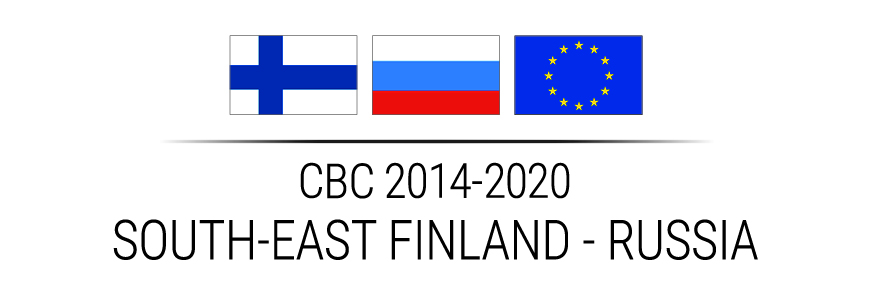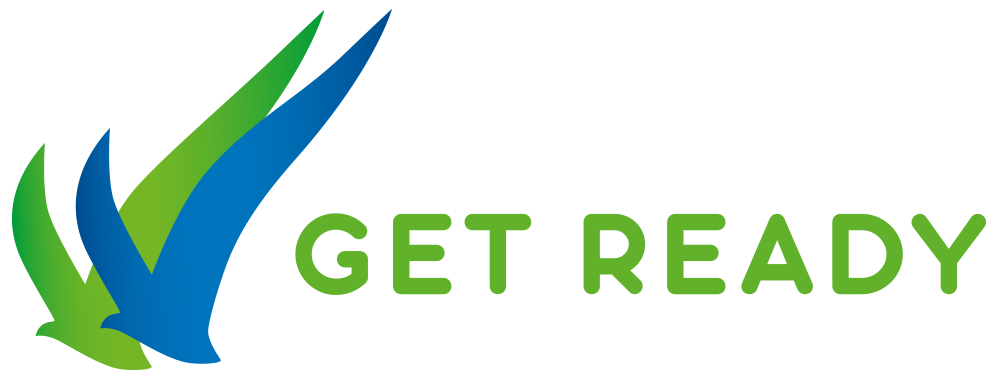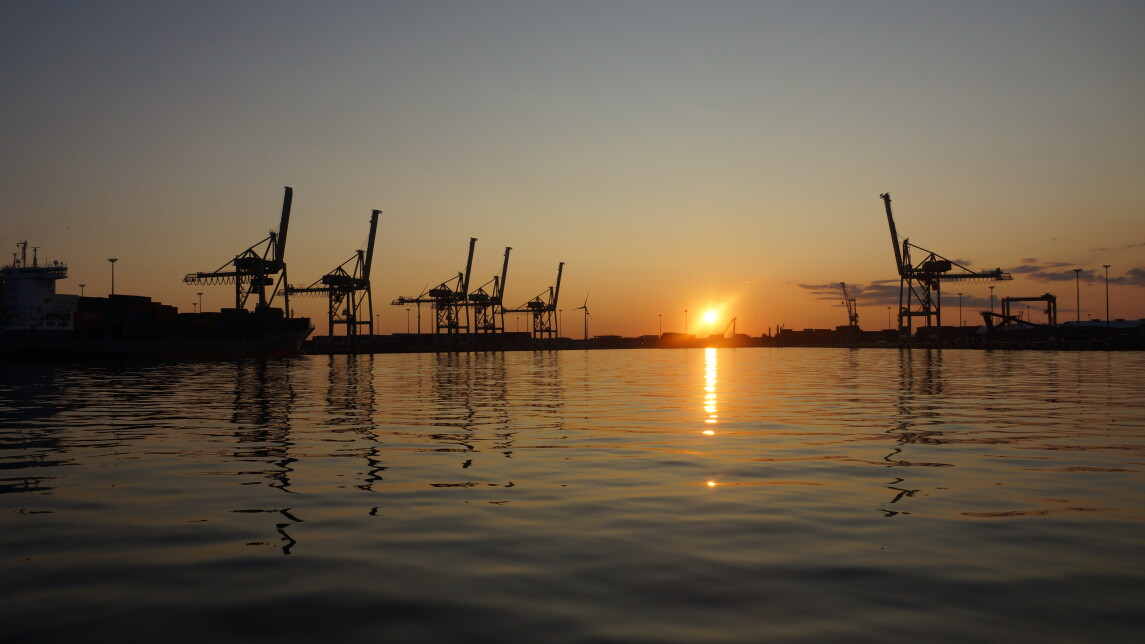The first round of EU’s maritime spatial planning (MSP) is about to be completed in Finland. It also calls for dissemination of information between neighbouring coastal countries. GET READY project is doing its share to boost cross-border cooperation with Russia.
Online Workshops on Best Practices
The project arranged two online workshops on best practices of maritime spatial planning both in Finland and in Russia, to allow discussions in national languages. The topics involved Ecosystem-Based Approach from Theory into Practice, Land-Sea Interactions, and Best Practices of Participatory Planning. The topics in the two workshops were the same, and the results will be summarized as part of a best practices report, which will be launched later.
In Finland, the invited guests were authorities responsible for the Finnish planning process, and representatives of the Finnish research community in the field. The discussions reflected the experiences gained during the national planning process. The Finnish MSP process has been stakeholder-oriented, according to the principles of the ecosystem-based planning. The relevant authorities, scientific community, different groups of marine space users, incl. businesses as well as leisure, and wider audience, have been involved already in the early stages of the process. It was considered amongst the participants that the process has proven successful, and a strong role of stakeholders can be recommended. The benefits of early and wide stakeholder involvement include, for example, stronger commitment in the plan and the process, and the possibility to discuss and find solutions for the needs and interests of different user groups. While the starting point of the MSP is to achieve and maintain good status and resilience of the marine environment, it was considered especially important to reveal, discuss and try to find solutions or compromises for different stakeholders or sea users to enable their activities, businesses and wellbeing.
The holistic nature of MSP requires taking into account different aspects and various viewpoints. Therefore, the planning has required time and resources. However, it was emphasized that MSP is also a cyclic learning process. Thus, the importance of the evaluation and monitoring phases was underlined, as new information and views should feed the next planning cycle.
Land-sea interaction was considered as an important but challenging issue in the planning process. The challenge comes from the fact that maritime spatial planning concerns only areas starting from the shoreline, even though many activities taking place on land have an impact on the marine environment – and vice versa. During the Finnish planning process, these connections have been detected and discussed. More experience is expected to be gained in the next phases. Port activities present an example of interaction from sea to land; port logistics are directly linked with terrestrial road and rail traffic planning and construction.
GET READY
GET READY (Getting Ready for the Cross-Border Challenges: Capacity Building in Sustainable Shore Use) aims at increasing readiness of the cross-border region to the existing and expected challenges by introducing examples of best practices on both sides of the border, and applying innovative solutions in the field of sustainable shore use and coastal zone management in the Eastern Gulf of Finland.
GET READY is financed by the South-East Finland – Russia CBC 2014-2020 programme. The project is led by Eco-Express Service LLC. Other Russian partners are Russian State Hydrological Institute and St. Petersburg State University. Finnish partners in the project are South-Eastern Finland University of Applied Sciences (XAMK), Kotka Maritime Research Centre (Merikotka ry), the Finnish Environment Institute (SYKE) and University of Turku, Brahea Centre/Centre for Maritime Studies.


